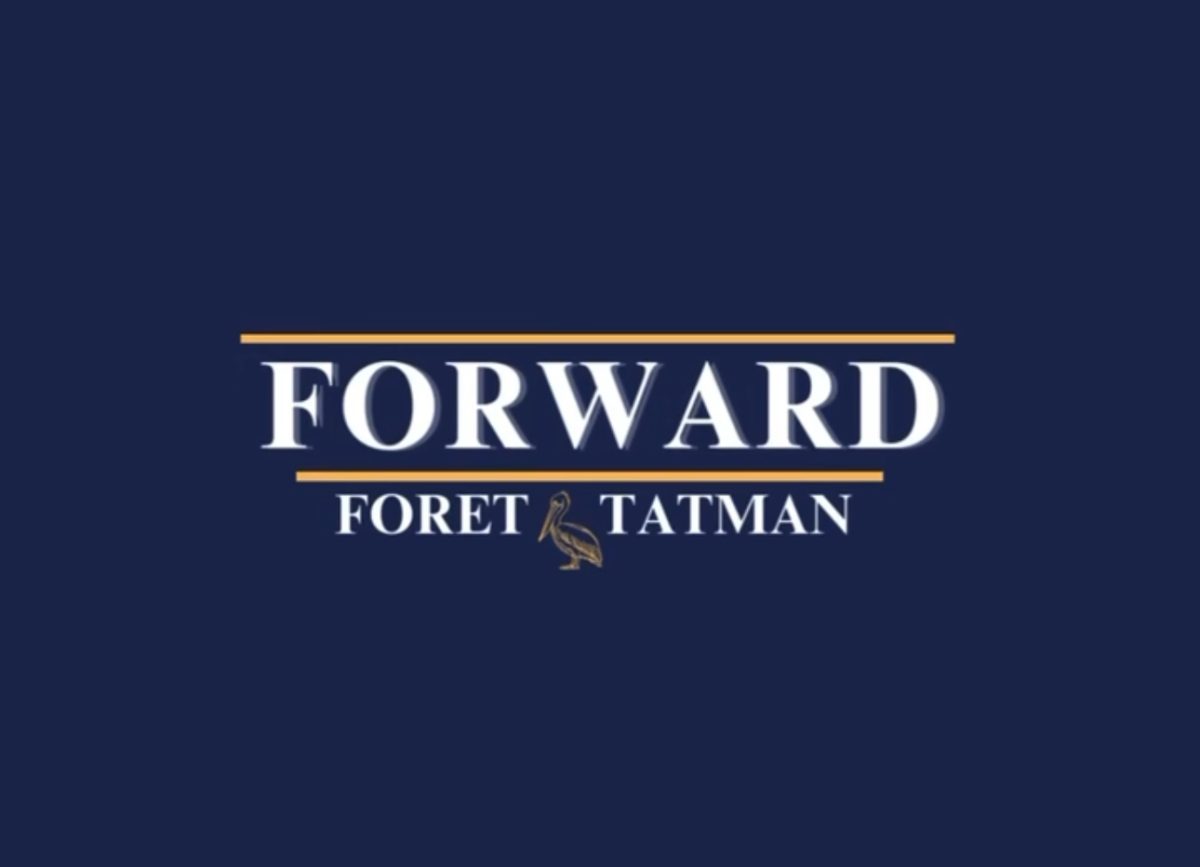Stacks of unopened envelopes and crowded e-mail inboxes might be a new indicator of high-achieving college students. Many University honor societies send mass messages to all qualifying students, leading some to doubt the prestige and credibility of the organizations. “I check the mailing list,” Ifeanyi Okoro, mechanical engineering junior, said. “If the mailing list is very long, then I imagine it’s something everyone and anyone can get, so I just don’t want to bother.” Okoro said he receives quite a bit of mail from honor organizations, but has joined only two — the National Society of Collegiate Scholars and Tau Beta Pi. Sara Crow, Career Services assistant director, said students who are invited to join one honor society often meet the requirements for membership in others and get “a lot of solicitation.” Crow said some organizations are active and others are “truly honorary in nature.” She said students should look for societies with frequent meetings that engage members. “You may list a whole bunch of stuff on your résumé, but if it doesn’t mean anything … then you don’t really have much to talk about when you go into an interview,” Crow said. Career Services suggests students consider seeking out honor organizations related to their field of study, she said. Danielle Ford, a public relations junior who previously studied business management, said business students are urged to join and actively participate in organizations. Ford said she tried to join Delta Sigma Pi, a business honor fraternity, as a freshman but didn’t finish pledging because she fell ill. “I know a lot of the kids who I pledged with. They’re doing really, really well and interning all over the country,” she said. Ford said organizations like Delta Sigma Pi benefit students because they have an active alumni base. “It’s all about networking,” Ford said. “If you have a good relationship with alumni, then it’s really helpful in terms of the job search.” She said the $175 membership fee she would have paid to Delta Sigma Pi is a good career investment for students. Paige Chenier, NSCS chapter president, said the Registrar’s Office sends the names of all qualifying students to the national NSCS office. NSCS recruits sophomores with cumulative GPA of at least 3.4, she said. Chenier said annual conventions allow members to network with other students and potential employers. She said NSCS also offers student discounts from companies like Geico and Barnes and Noble. Okoro said Tau Betta Pi offers him a 30 percent discount on some standardized test preparation material. Chenier said about 50 of an estimated 1,6000 members actively participate in the University chapter. She said students should research societies before joining. “I wouldn’t want to pay money just to say I’m in something,” Chenier said. Ford said she paid $55 for membership to Sigma Iota Epsilon, a professional management honor fraternity. “I got a pin to wear to all the meetings, and that’s it,” she said. Iftekhar Rouf, accounting junior, said he joined Phi Eta Sigma because of its low lifetime membership fee. Phi Eta Sigma’s national membership fee costs $20, according to its Web site. “I joined one or two to keep it in my résumé,” Rouf said. He said he only joins more selective organizations that require a 3.5 or higher GPA.Crow said students should consider the name recognition of an organization. She said they should also research honor societies online and by word of mouth. Rouf said some students join honor societies to build their résumés, but others use the organizations as learning opportunities. “There are people who are vice presidents and officers of these organizations, and they do a lot of work,” he said. – – – -Contact Emily Holden at [email protected]
Some students wary of honor societies, organizations
November 23, 2009



